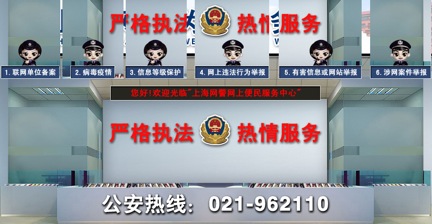Telecommunications Regulation: Stage 1-2
The Chinese government strictly regulates Internet censorship in China. In 2000, China established a 42-article set of regulations for anyone who engages in telecommunication activities or telecommunication-related activities. Many of these regulations are left for interpretation, allowing state run enterprises to enforce the regulations as they see fit.
The Ministry of Information Industry is in charge of enforcing the regulations. The three largest telecommunication companies in China are all state owned, so the Ministry of Information Industry is unlikely to be an impartial regulator. While the Chinese government has committed to establishing and independent regulator, even after their joining the World Trade Organization, no such group exists.
Regulations censor the Chinese citizens, and many websites are often blocked. Individual Internet access is monitored. Only government licensed news groups can publish news to the Internet, and independent websites cannot publish their own news. Other sites are only allowed to republish work from licensed news groups. In addition links to outside news services are not allowed.
According to GlobalJournalist.org, in 2008, China started requiring police icons at the bottom of the screen so that citizens could contact the police to report objectionable content and remind citizens that their activities are being watched.

Sample police website linked from China-based website. (Source: sh.cyberpolice.cn)
ICT Trade Policy: Stage 2
In an increasing effort to change the way telecommunication policy is created, the Ministry of Information Industry is no longer the only government department responsible for policy. The State Council has been building up consumer advocacy and has been taking influence from outside governments. In 2002, China joined the World Trade Organization and agreed to be in compliance with regulations set by the WTO. Part of the agreement was to allow access to 25% of the mobile market with accession into the WTO. By 2005, 50% of Internet access was to be opened to the outside market. This has not happened, as the main telecommunications companies are still state-owned.
China has a Joint Venture requirement, which states outside telecommunication firms must partner with a Chinese telecommunication firm. Foreign investments cannot exceed 49% of a company. This limits the abilities of foreign firms exercising operational control within China, and halts business models that might compete in the Chinese telecommunication industry.
Another requirement limiting foreign investment is the $240 million registered capital requirement for joint venture investors. Many organizations have requested the fee be lowered. Ministry of Information Industry has agreed in principal, but has not set a timetable for implementation or the requirements to lessen the fee. In addition, the resale of Telecom Services, which is also a WTO obligation, has not occurred due to the fact that this license is required.
Because these fees prevent true competition in China, it is only at a Stage 2 for Trade Policy.